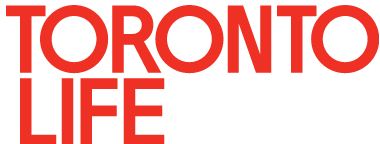What’s the short-term future of residential real estate? We asked seven market experts
Despite a global pandemic, house prices in the notoriously durable residential real estate market have climbed upward for the past few months, much to the disbelief of some industry insiders. After all, horrific economic conditions should precipitate a decline in an industry that relies heavily on people investing fat sums of cash, right? That said, common sense would suggest that the housing market will inevitably correct itself, flatten out to better reflect the state of the local economy. We asked seven market experts whether a housing crash is on the horizon.
“I’m not anticipating a major downturn, but I do see some major warning signs with the supply and demand equation. When we look at unemployment, 1.8 million Canadians are out of work compared to four months ago. Some of them are homeowners and some are investors in residential real estate. Depending on which economic and employment forecast you’re looking at, there’s still going to be a lot of people who haven’t come back into the workforce by mid-2021. If that’s the case, once the government subsidies dry up—CERB and business loans—people will start to eat into their savings. Then they’ll start to say, ‘Okay, I need to sell.’ And I don’t think we’ve seen that pain-selling yet. But once that happens, that’s when we’ll see the market turn downward. It could potentially result in a supply and demand imbalance, people trying to sell their home and not enough buyers.
“There’s also the issue of delayed home ownership. People will need some time to get their finances back in order to afford a home and get their mortgage approved. The pandemic is causing people to delay getting married or having children, which are typically incentives to buy a property or move into a larger home. When these life stages are delayed, so are home purchases.
“Also, we normally get 100,000 new immigrants into the GTA every year. And whether they’re buying homes or renting, it’s a big boon to the housing market. But we know immigration is going to be down because international travel is down. You can’t move as freely as you were able to six months ago. That’s likely going to put a dent in home sales, too, over the next year or so. It will also slow down student and multifamily rentals.
“People have also been going to the bank to defer mortgage payments. But technically, they’re in default, even though there’s an arrangement with the bank. The Canadian Bankers association is citing that 24 per cent of Canadian households are in technical default at this point, because the homeowners have all asked for mortgage deferments. Many of these deferments are set to expire in a few months, at which point we’ll have a better sense of who can still afford their mortgage. Hopefully the economic rebound is strong enough and we don’t get a second wave.”
Comments
There are 0 comments on this post





